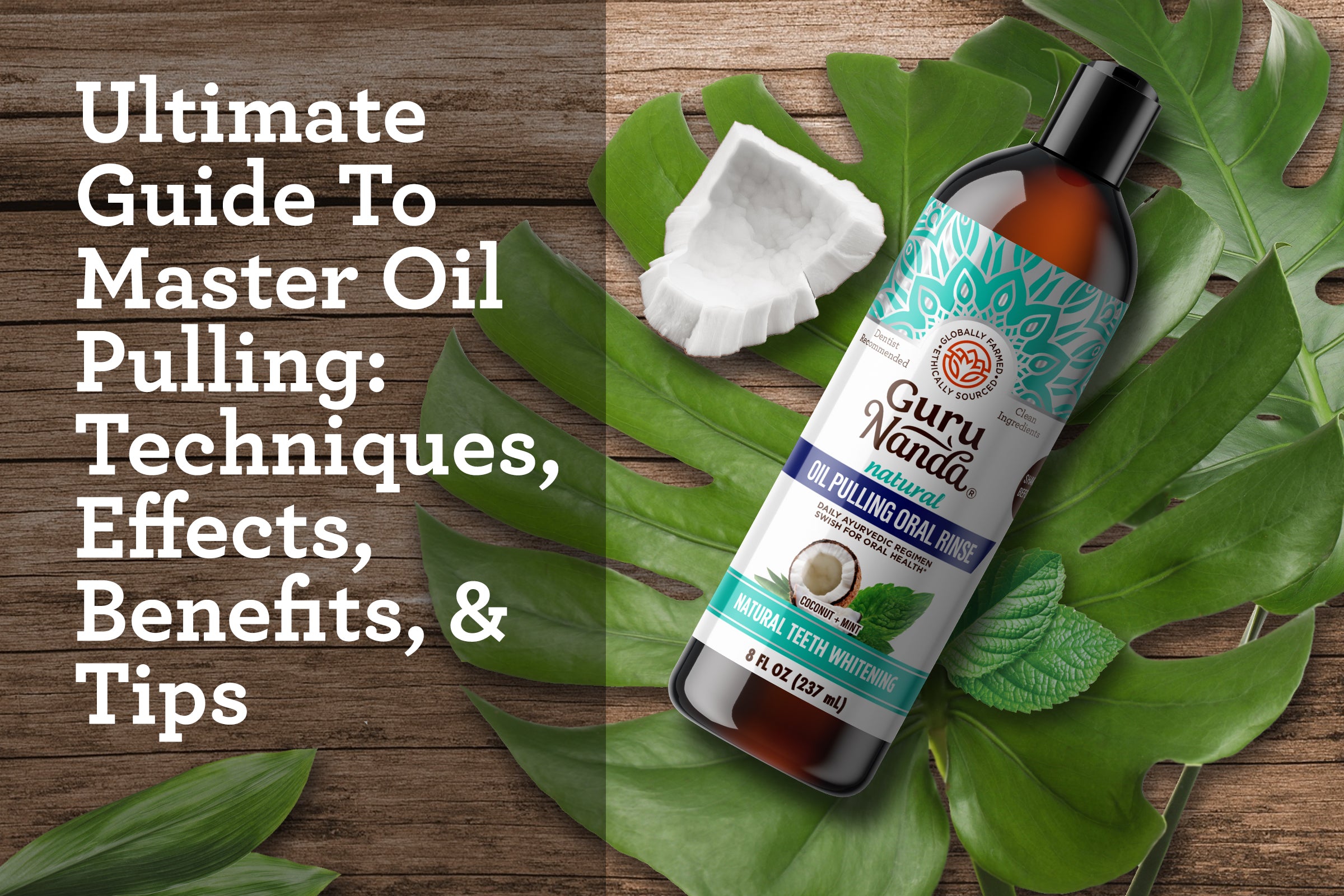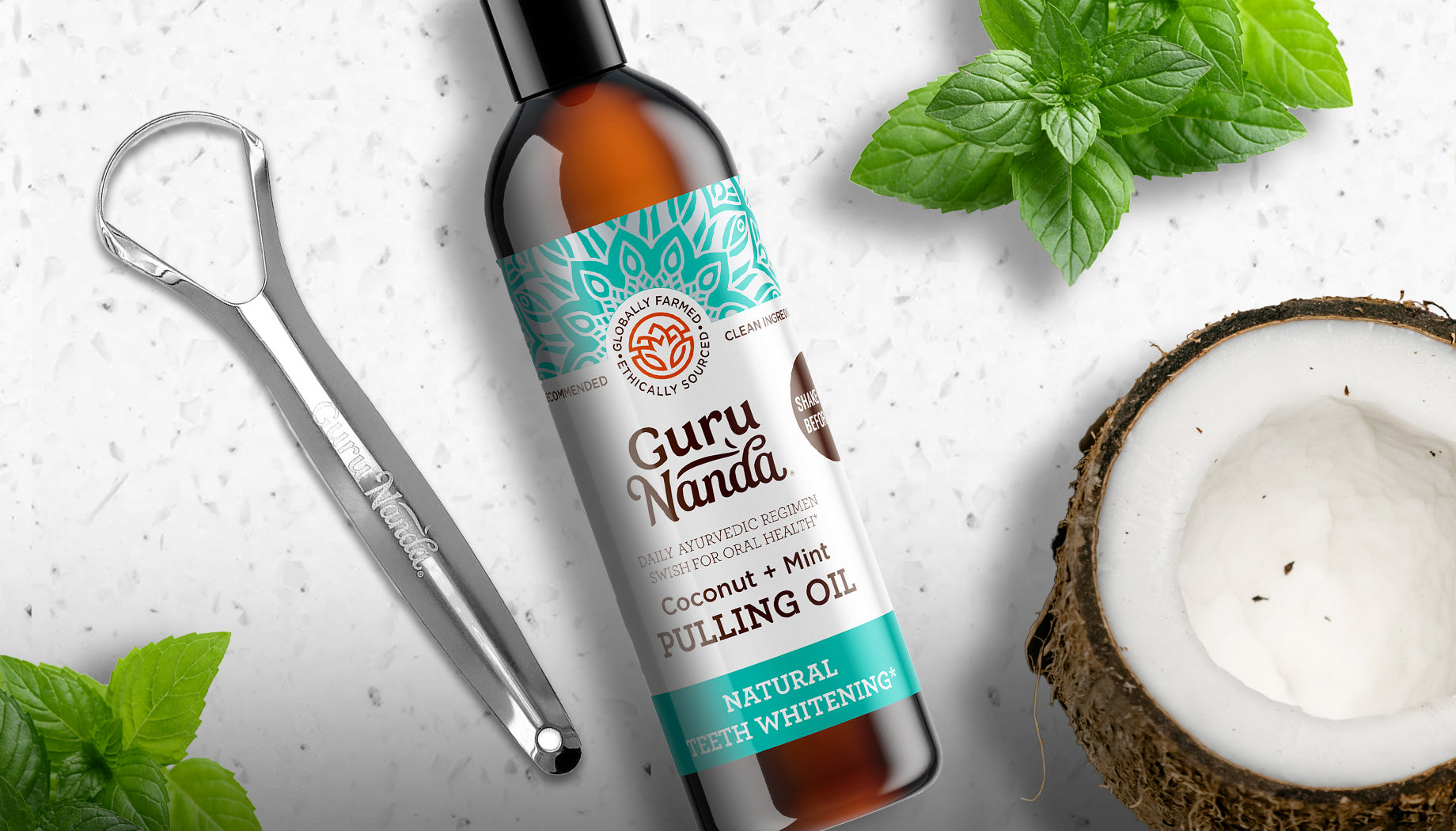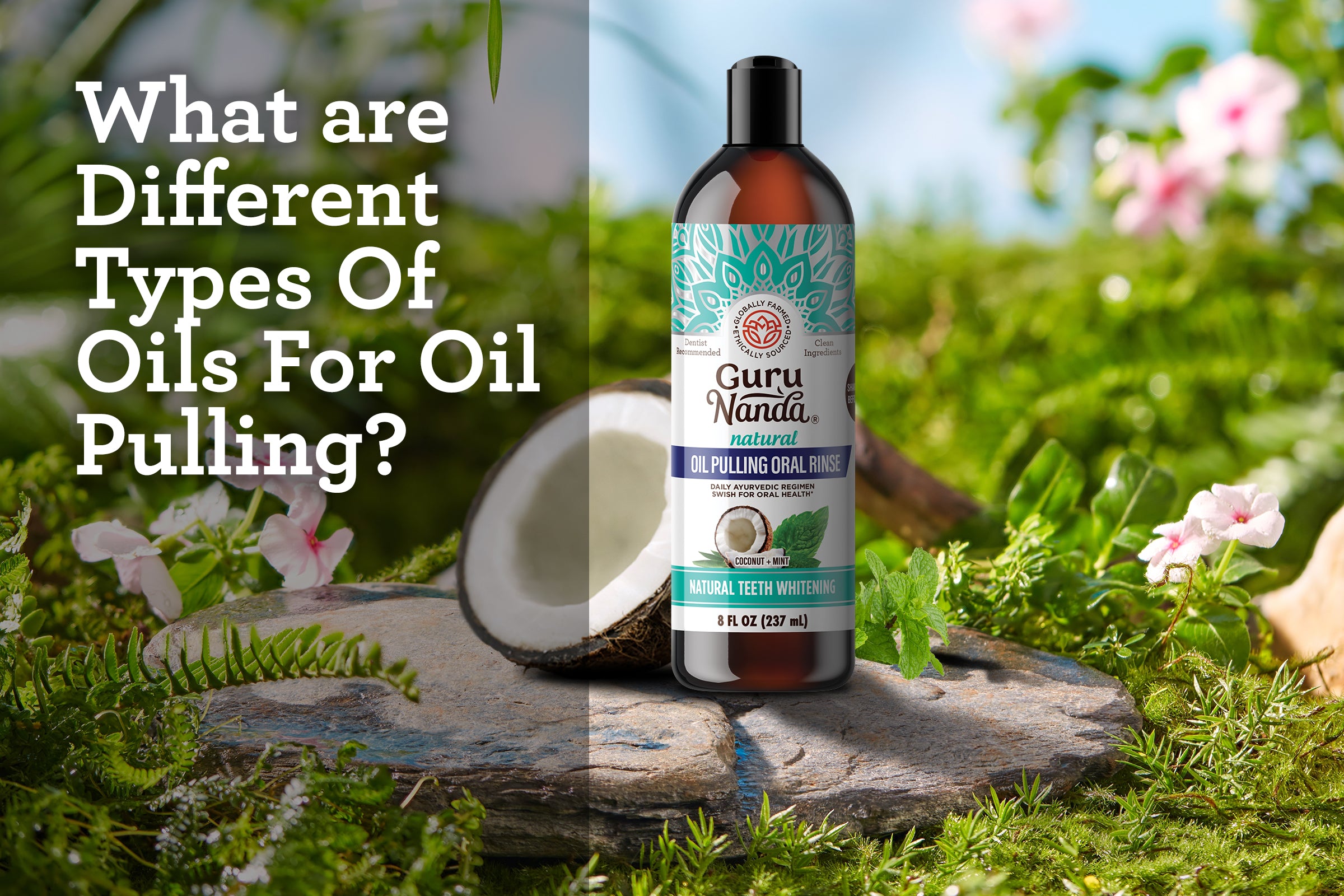El enjuague bucal, también conocido como enjuague bucal, es un complemento útil para su higiene bucal. Rutina de cuidado bucal, cuyo objetivo es combatir el mal aliento y, al mismo tiempo, ofrecer beneficios adicionales para la salud bucal. Formulado con elementos antimicrobianos y otros compuestos para combatir las moléculas de azufre que causan olor y minimizar las bacterias. vinculado a la gingivitis y enfermedades de las encías. Aunque no sustituye al cepillado y el uso de hilo dental, El uso de enjuague bucal puede mejorar la frescura del aliento al reducir el mal olor bucal y potencialmente reforzar la salud bucal. salud a lo largo del tiempo. La composición del enjuague bucal varía; algunos se centran en beneficios como blanquear los dientes con Ingredientes como el peróxido de hidrógeno , mientras que otros combaten el mal aliento con clorito de sodio . Además, existen Opciones que contienen flúor para prevenir caries o agentes que reducen la placa y la gingivitis, ofreciendo una enfoque integral del cuidado bucal [ 1 ][ 2 ][ 3 ][ 4 ][ 5 ][ 6 ].
Tipos De enjuagues bucales
Los enjuagues bucales se dividen en dos categorías principales: terapéuticos y cosméticos. [ 7 ].
Enjuagues bucales terapéuticos
Los enjuagues bucales terapéuticos están formulados con ingredientes activos como cloruro de cetilpiridinio, clorhexidina, aceites esenciales, flúor y peróxido, destinados a combatir la salud bucal. Problemas como el mal aliento, la gingivitis , la placa y las caries. Pueden requerir receta médica o estar disponibles. Sin receta, y buscar el asesoramiento de un dentista sobre el tipo apropiado según las necesidades de salud dental es aconsejable [ 1 ][ 8 ].
Enjuagues bucales cosméticos
Los enjuagues bucales cosméticos están formulados para refrescar el aliento y mejorar la apariencia de los dientes. Pueden contener ingredientes como aceites esenciales, que proporcionan una sensación refrescante y peróxido de hidrógeno, que se utiliza a menudo para blanquear los dientes . Aunque el uso cosmético... Los enjuagues bucales se centran principalmente en los beneficios estéticos y pueden complementar eficazmente las rutinas habituales de higiene bucal. y también ayudan con la salud bucal en general. Busque el Sello de Aceptación de la Asociación Dental Americana para asegurarse seguridad y eficacia del producto [ 3 ].
Comprender los beneficios del enjuague bucal
Las investigaciones muestran que el enjuague bucal puede ayudar a prevenir la placa y la gingivitis, aunque su La eficacia varía según la fórmula y las prácticas generales de higiene bucal. Un estudio de 2010 reveló que muchos usuarios diarios de enjuague bucal confiaban en él. Para tratar problemas como enfermedades periodontales, úlceras bucales o encías inflamadas. Enjuagues bucales con ingredientes antisépticos como alcohol, El mentol y el eucaliptol matan eficazmente las bacterias, llegando a las zonas entre los dientes y en la parte posterior de la boca. que puede causar una leve sensación de escozor [ 8 ][ 9 ][ 10 ].
En Además de apoyar la salud bucal, muchos enjuagues bucales están diseñados para mejorar los aspectos cosméticos del cuidado bucal. Las fórmulas con peróxido de hidrógeno pueden ayudar a blanquear los dientes, mientras que los aceites esenciales como el aceite de menta y el cardamomo, menta verde y más junto con sodio El clorito , un agente antimicrobiano, proporciona una frescura duradera [ 11 ].
Cómo ¿Funciona un enjuague bucal?
Las formulaciones de enjuague bucal varían para abordar necesidades específicas de salud bucal, utilizando Ingredientes antisépticos y antibacterianos para combatir problemas como la placa, la gingivitis y el mal aliento. La investigación subraya la eficacia del enjuague bucal para mejorar la higiene bucal.
A Estudio de 2024 , evaluó la efectividad de los medicamentos de venta libre Enjuagues bucales para reducir el sangrado gingival en adultos con gingivitis inducida por placa. Los hallazgos indicaron que ciertos enjuagues bucales redujeron significativamente el sangrado gingival, lo que destaca su papel en el manejo gingivitis. [ 12 ]
Otro estudio comparó la eficacia de varios antisépticos bucales. enjuagues bucales. Se concluyó que los enjuagues bucales que contienen clorhexidina o aceites esenciales eran particularmente eficaces en reduciendo la placa y la gingivitis cuando se utiliza junto con el cepillado y el uso de hilo dental regulares [ 13 ].
Además, un artículo de 2024 analizó el potencial de Extracto de matcha como ingrediente para enjuague bucal. El estudio descubrió que el extracto de matcha podría inhibir el crecimiento de Porphyromonas gingivalis, una bacteria asociada con la periodontitis, lo que sugiere su potencial para prevenir la enfermedad de las encías. enfermedad [ 14 ].
Estos Los estudios afirman colectivamente que la incorporación de enjuague bucal en las rutinas diarias de higiene bucal puede reducir eficazmente placa y gingivitis, promoviendo así la salud bucal general. Además de promover la salud bucal, algunos Los enjuagues bucales incluyen ingredientes como peróxido de hidrógeno para blanquear los dientes y clorito de sodio para refrescar el aliento. Estos Los beneficios cosméticos, combinados con propiedades antibacterianas, hacen del enjuague bucal una parte versátil de las rutinas de cuidado bucal. [ 11 ].
Paso Guía paso a paso para usar un enjuague bucal
Aquí Estos son los pasos generales para utilizar la mayoría de los tipos de enjuague bucal:
- Comience por cepillarse bien los dientes y usar hilo dental. Es recomendable esperar un poco antes de usarlo. Enjuague bucal después del cepillado para asegurarse de no enjuagar los ingredientes beneficiosos de su pasta dentífrica.
- Mida la cantidad recomendada de enjuague bucal utilizando la taza provista o una taza medidora de plástico, generalmente entre 20 - 30 ml.
- Vierta el enjuague bucal en su boca y haga buches durante aproximadamente 1 minuto. Recuerde no tragarlo, ya que El enjuague bucal no está destinado a ser ingerido.
- Haga gárgaras con el enjuague bucal durante 30 segundos, usando un cronómetro o contando mentalmente si es necesario.
- Por último, escupe el enjuague bucal en el lavabo.
Cuando ¿Y con qué frecuencia se debe utilizar un enjuague bucal?
Usando El enjuague bucal como parte de su régimen diario de cuidado dental no solo ayuda a mantener el aliento fresco, sino que también contribuye para la salud bucal en general. Si bien algunas personas incorporan el enjuague bucal a su rutina con regularidad, Otros pueden usarlo ocasionalmente para combatir el mal aliento. Es importante entender que el enjuague bucal es más beneficioso cuando se utiliza inmediatamente después Cepillarse los dientes y usar hilo dental. Aunque puede proporcionar un alivio temporal del mal aliento, no debe reemplazar los pasos esenciales de Cepillado y uso de hilo dental. La mayoría de los enjuagues bucales recomiendan su uso dos veces al día, después del cepillado y el uso de hilo dental, para maximizar su eficacia en la promoción de la higiene bucal. [ 15 ][ 16 ][ 17 ][ 18 ].
Medidas de precaución que deben adoptarse
Según fuentes auténticas , es importante tener en cuenta que El enjuague bucal no es apto para niños menores de 6 años. Los niños pequeños pueden tragar cantidades significativas sin querer. cantidades de enjuague bucal, lo que puede provocar náuseas, vómitos y posible intoxicación, especialmente si el enjuague bucal Contiene alcohol. Lea siempre atentamente la etiqueta y respete las precauciones, instrucciones y la edad específicas. Se proporcionan recomendaciones. Esto garantiza el uso seguro del enjuague bucal para personas de todas las edades [ 19 ].
Conclusión
Mantener una higiene bucal óptima es esencial para prevenir enfermedades bucales. y mejorar la salud bucal. El enjuague bucal juega un papel clave al atacar las bacterias en áreas de difícil acceso. Los cepillos de dientes generalmente no funcionan. Los enjuagues bucales ofrecen varios beneficios, como refrescar el aliento y, en algunos casos, Fórmulas para blanquear los dientes. Productos como el blanqueador dental de doble barril Oxyburst de GuruNanda. El enjuague bucal que contiene ingredientes como peróxido de hidrógeno ayuda a iluminar tu sonrisa mientras Mantener la higiene bucal con otros ingredientes como el bicarbonato de sodio y diversos aceites esenciales. Incorporar un Incorporar un enjuague bucal blanqueador a su rutina puede mejorar la apariencia de los dientes con el tiempo, brindando beneficios tanto cosméticos como Beneficios para la salud bucal.
Mientras El enjuague bucal ofrece beneficios cosméticos como blanquear los dientes y frescura duradera, también favorece la higiene bucal. Salud al reducir la placa y fortalecer el esmalte. Sin embargo, no debe reemplazar otros pasos en su salud general. régimen de cuidado bucal, que debe incluir enjuague bucal con aceite, raspado de la lengua, cepillado, uso de hilo dental y, finalmente, el uso de de enjuague bucal. La elección del enjuague bucal adecuado depende de las necesidades individuales y de consultar con un dentista. Puede ayudar a tomar una decisión informada. Use enjuague bucal dos veces al día después de cepillarse los dientes y usar hilo dental. Para obtener los mejores resultados, siga siempre las instrucciones de uso, especialmente para niños menores de seis años. garantizar la seguridad [ 15 ].
Preguntas frecuentes
P: ¿Qué hace el enjuague bucal?
A: El enjuague bucal ofrece una variedad de beneficios para la salud bucal, que incluyen reducir el mal aliento, combatir la placa y gingivitis y, en algunos casos, ayuda a prevenir las caries. Sirve como medida complementaria al cepillado y uso de hilo dental.
P: ¿Cómo funciona el enjuague bucal?
A: El enjuague bucal funciona con ingredientes y sustancias antimicrobianas que atacan y neutralizan los olores que causan compuestos en la boca.
P: ¿Con qué frecuencia se debe usar enjuague bucal? ¿Se debe usar enjuague bucal todos los días?
A: El La frecuencia de uso del enjuague bucal depende del tipo de producto y de sus necesidades de salud dental. Se recomienda que Te enjuagas dos veces al día. Muchos enjuagues bucales son seguros para el uso diario, pero es esencial seguir las instrucciones específicas. recomendaciones en la etiqueta del producto o consejos de un profesional dental.
P: ¿Cuáles son los ingredientes activos del enjuague bucal?
A: Los ingredientes activos del enjuague bucal pueden incluir cloruro de cetilpiridinio, clorhexidina, aceites esenciales, sodio Clorito, xilitol y peróxido de hidrógeno. Estos ingredientes actúan para eliminar bacterias, refrescar el aliento y blanquear los dientes. y fortalecer el esmalte dental, abordando una variedad de necesidades de salud bucal.
P: ¿Puedo beber agua después del enjuague bucal? ¿Y cuánto tiempo después del enjuague bucal puedo beber agua?
A: Se recomienda esperar al menos 20 minutos después de usar el enjuague bucal antes de beber agua. Esto permite que el principio activo... ingredientes del enjuague bucal para que funcionen más eficazmente durante un período prolongado.
[1] https://pmc.ncbi.nlm.nih.gov/articles/PMC10690551/
[2] https://pubmed.ncbi.nlm.nih.gov/25622725/
[3] https://pubmed.ncbi.nlm.nih.gov/22925924/
[4] https://pmc.ncbi.nlm.nih.gov/articles/PMC9836286/#sec029
[5] https://pmc.ncbi.nlm.nih.gov/articles/PMC6457869/#CD002284-sec-0093
[6] https://pmc.ncbi.nlm.nih.gov/articles/PMC10690548/
[7] https://www.ncbi.nlm.nih.gov/pmc/articles/PMC8997378/
[8] https://pubmed.ncbi.nlm.nih.gov/22413389/
[9] https://www.ncbi.nlm.nih.gov/pmc/articles/PMC3886070/
[10] https://www.ncbi.nlm.nih.gov/pmc/articles/PMC3894074/
[11] https://pubchem.ncbi.nlm.nih.gov/compound/Sodium-Chlorite
[12] https://pubmed.ncbi.nlm.nih.gov/38229032/
[13] https://pubmed.ncbi.nlm.nih.gov/23433693/
[14] https://pmc.ncbi.nlm.nih.gov/articles/PMC11218439/#abstract1
[15] https://www.ncbi.nlm.nih.gov/pmc/articles/PMC4948552/
[16] https://www.ncbi.nlm.nih.gov/pmc/articles/PMC9219991/
[17] https://pubmed.ncbi.nlm.nih.gov/38760758/





